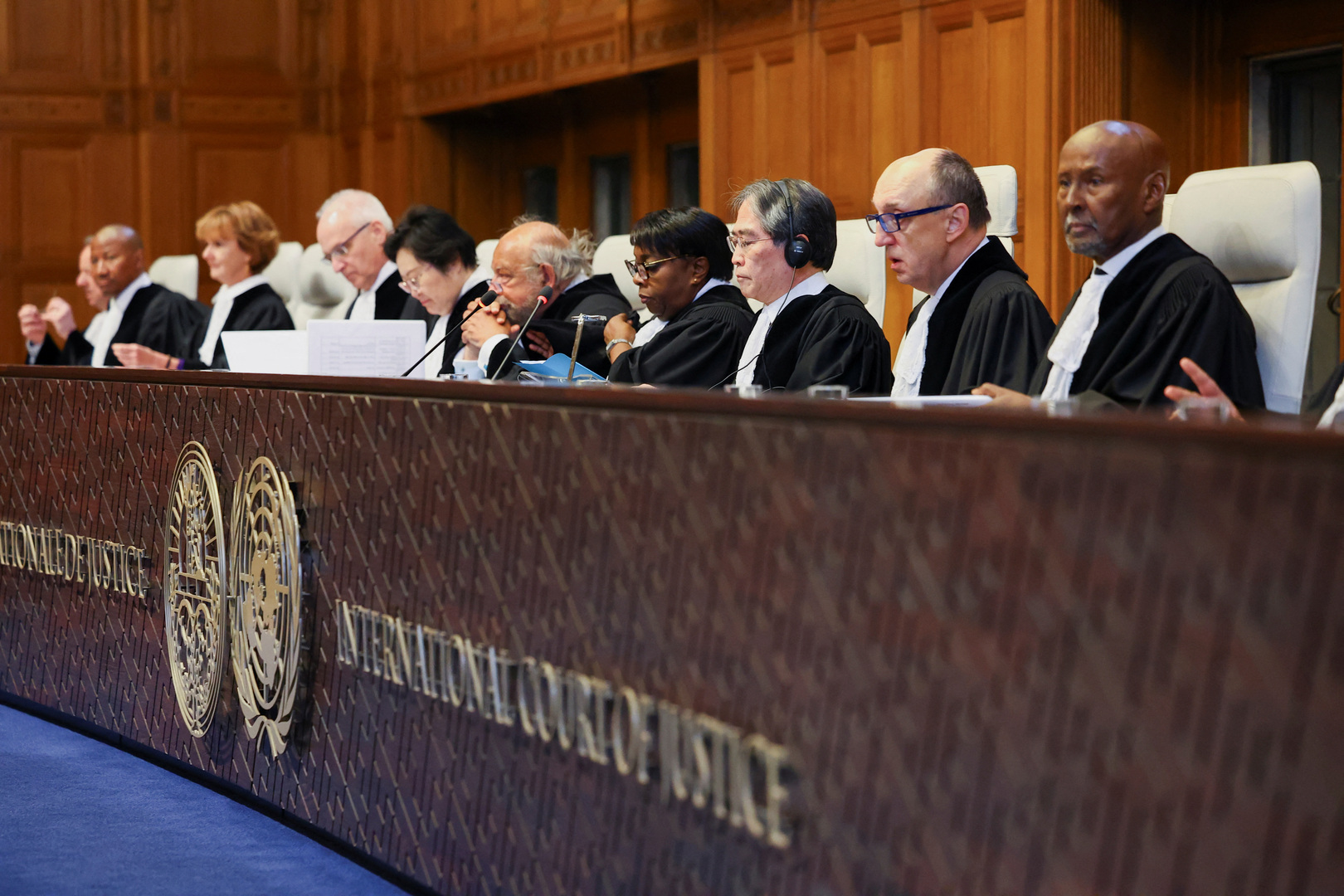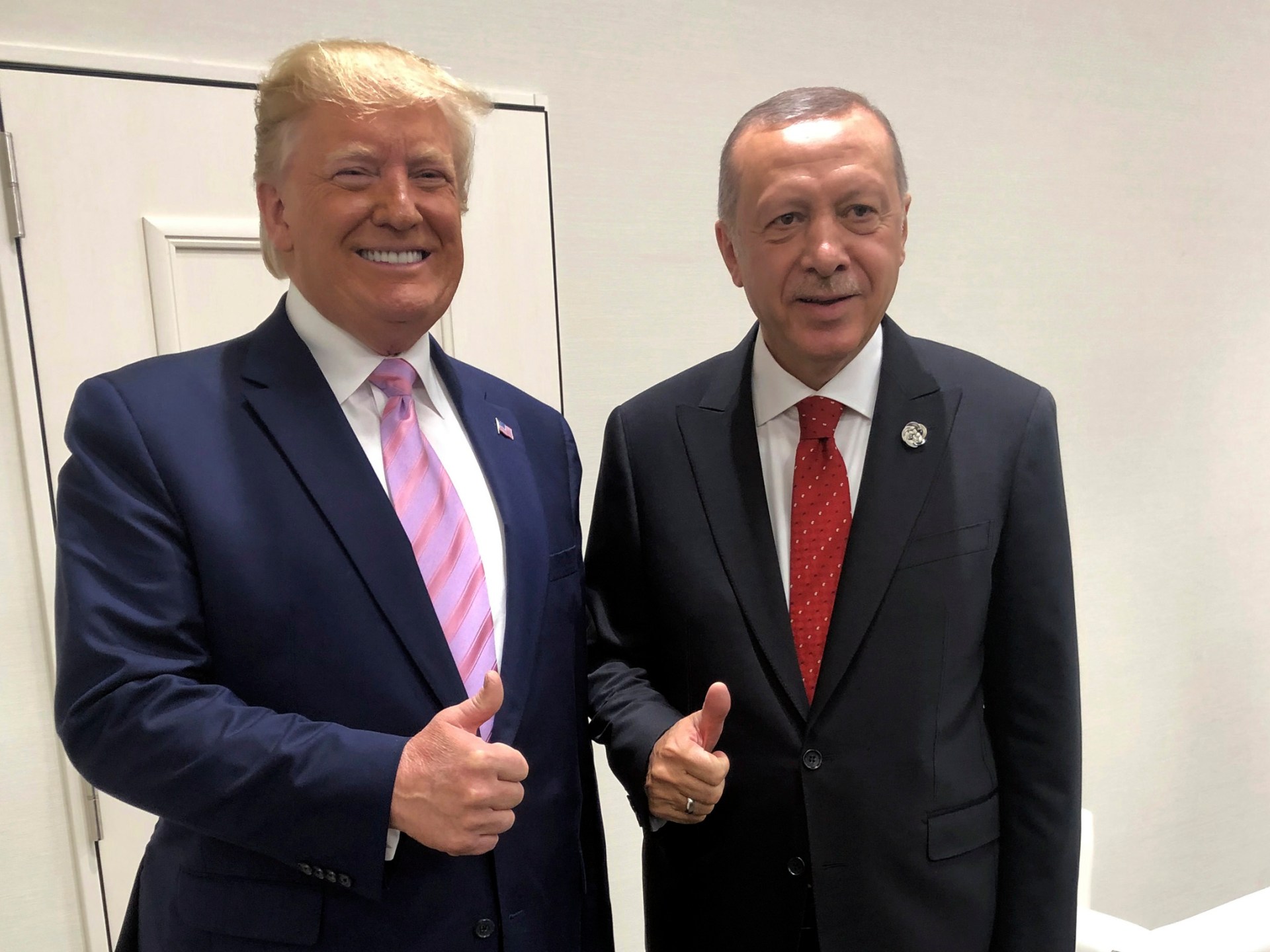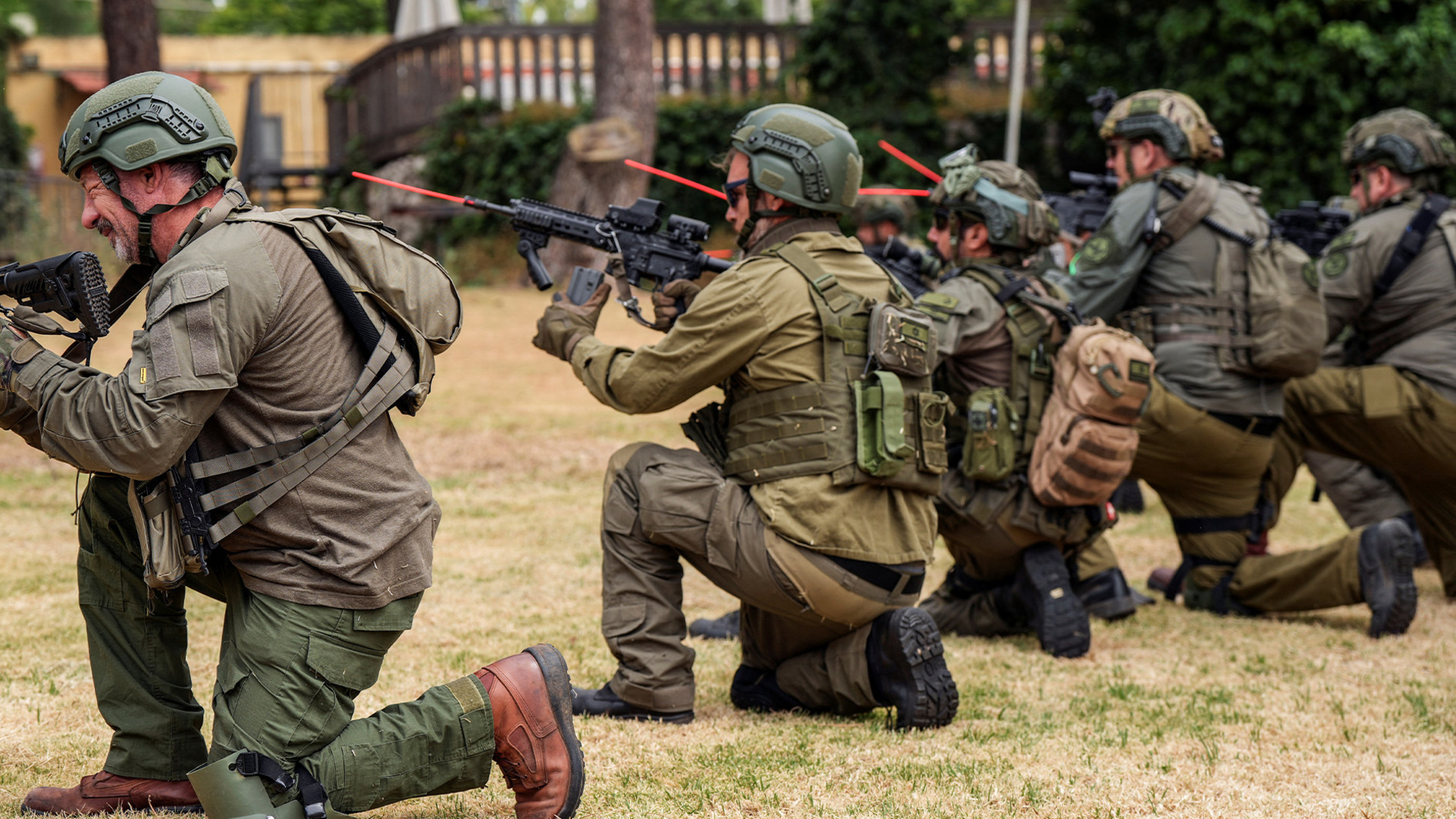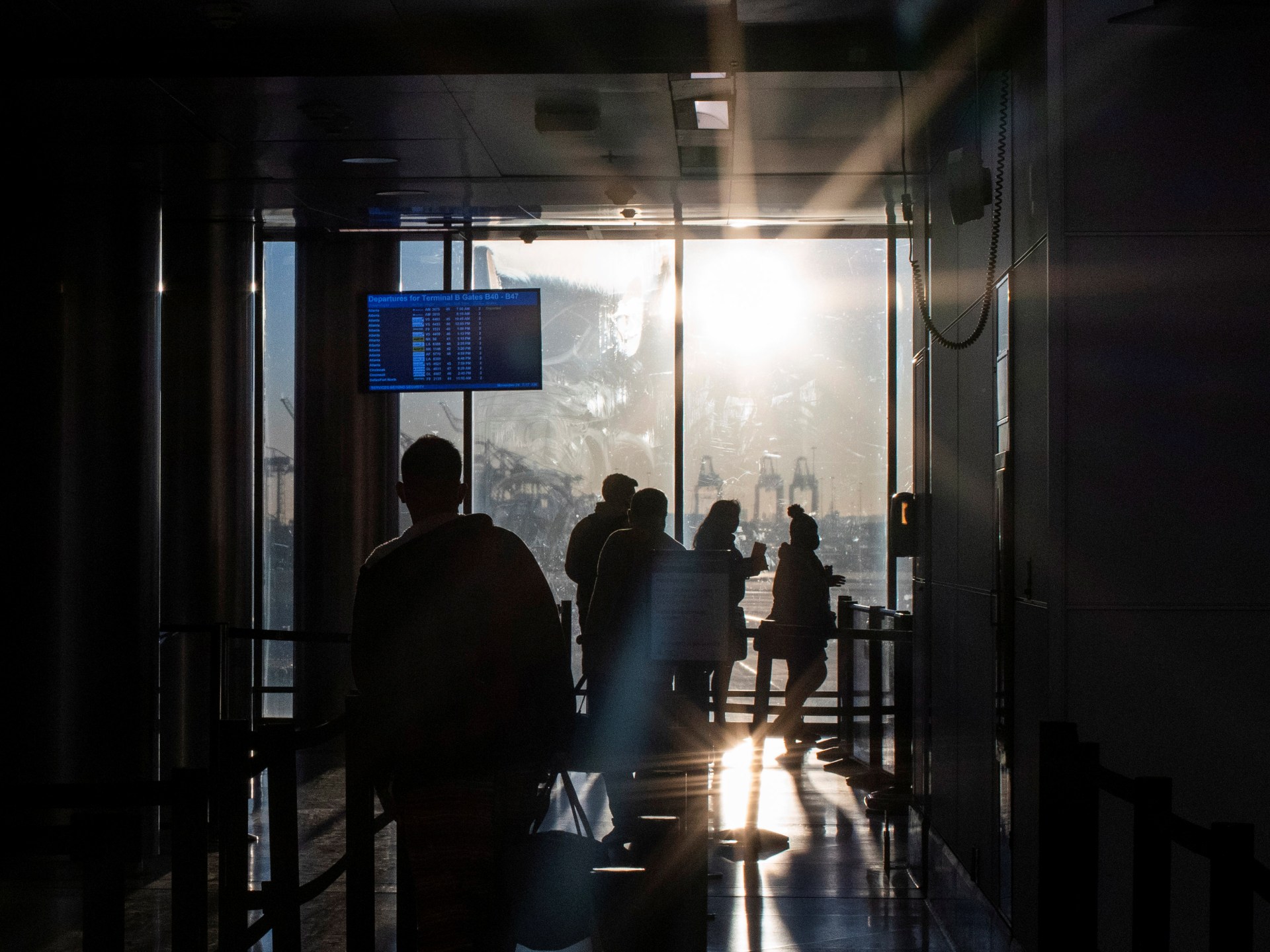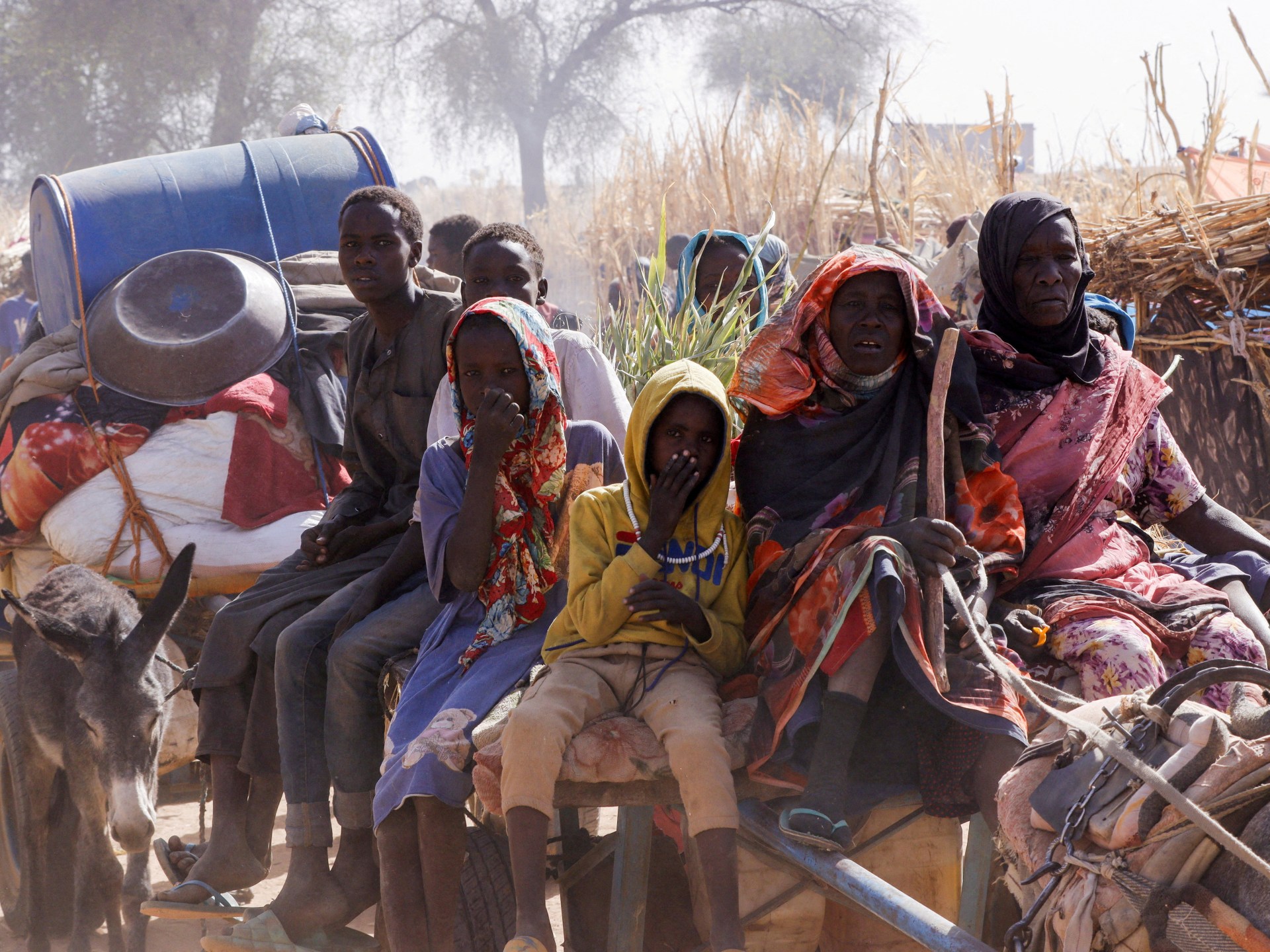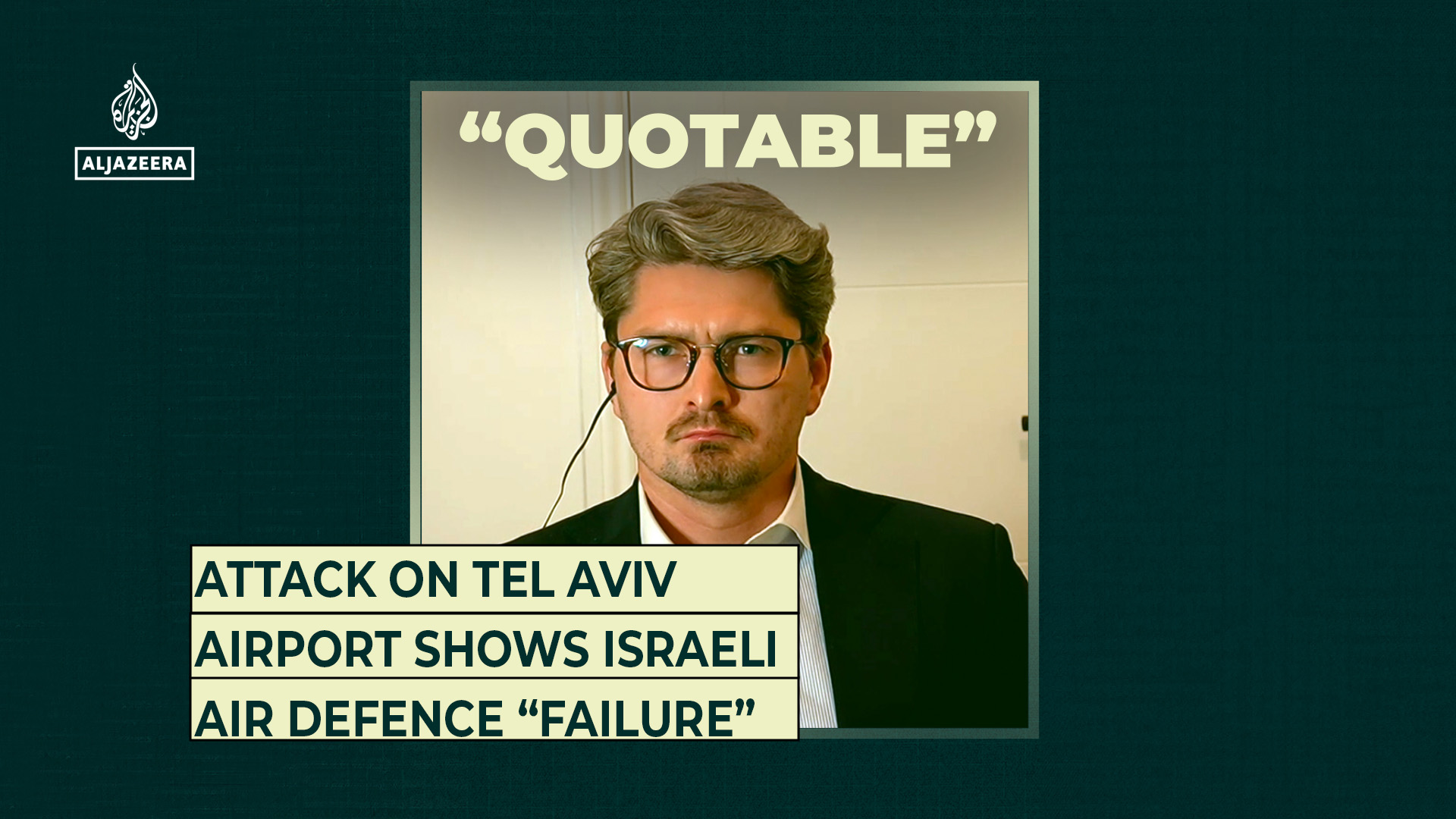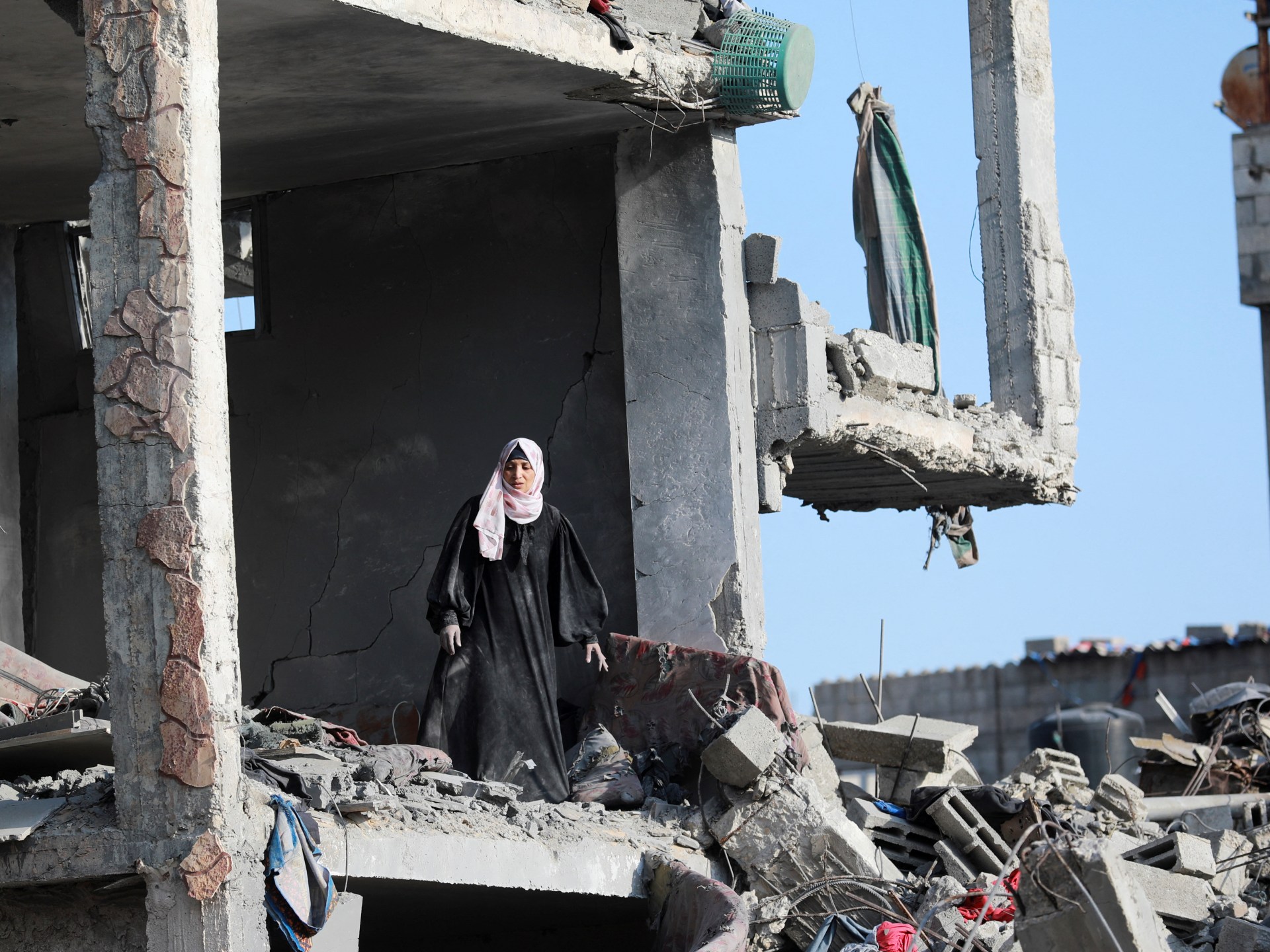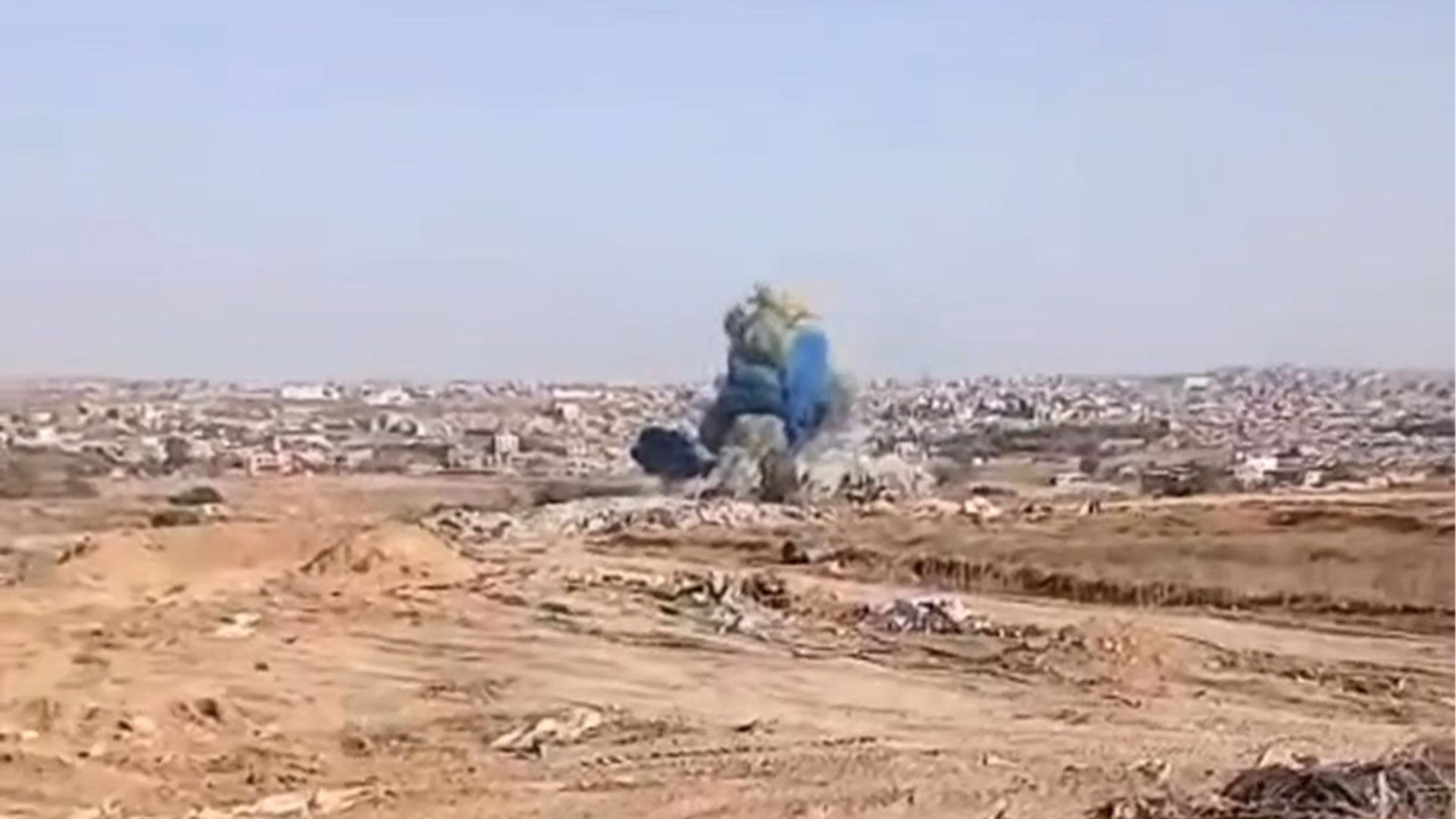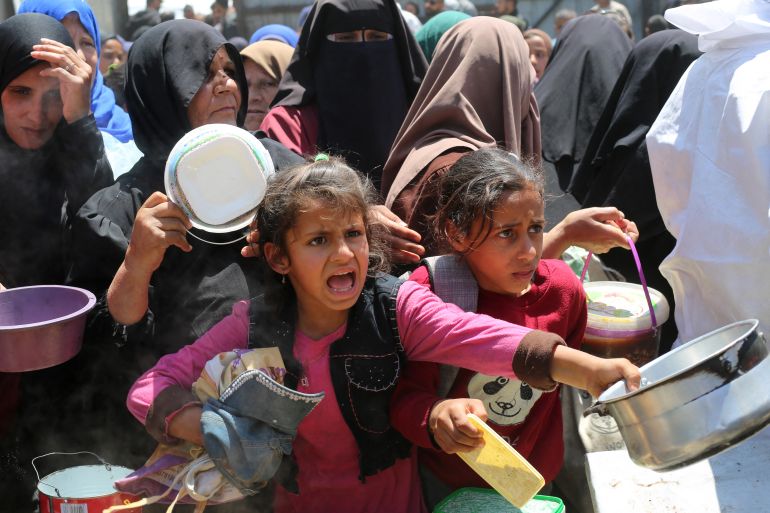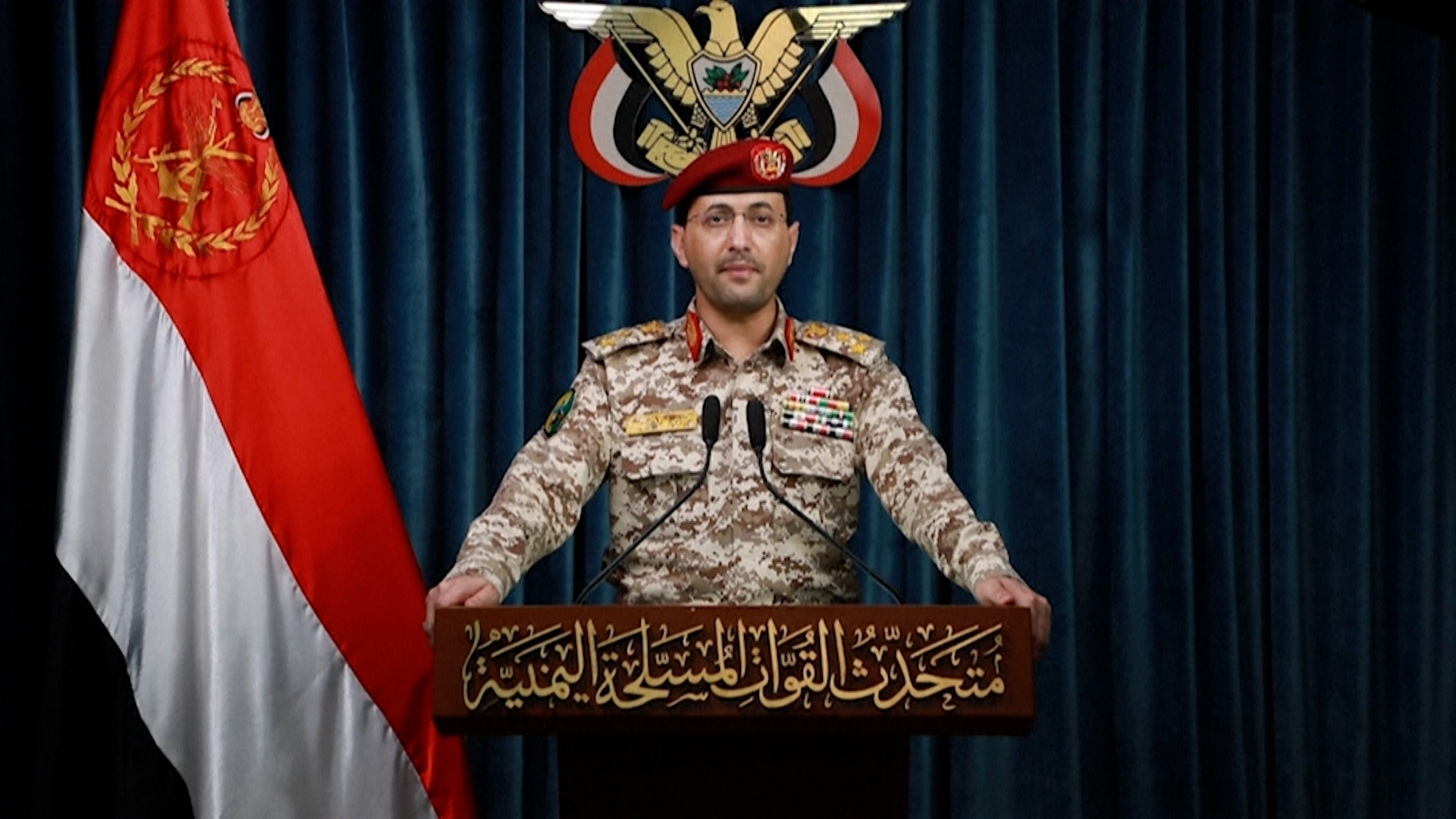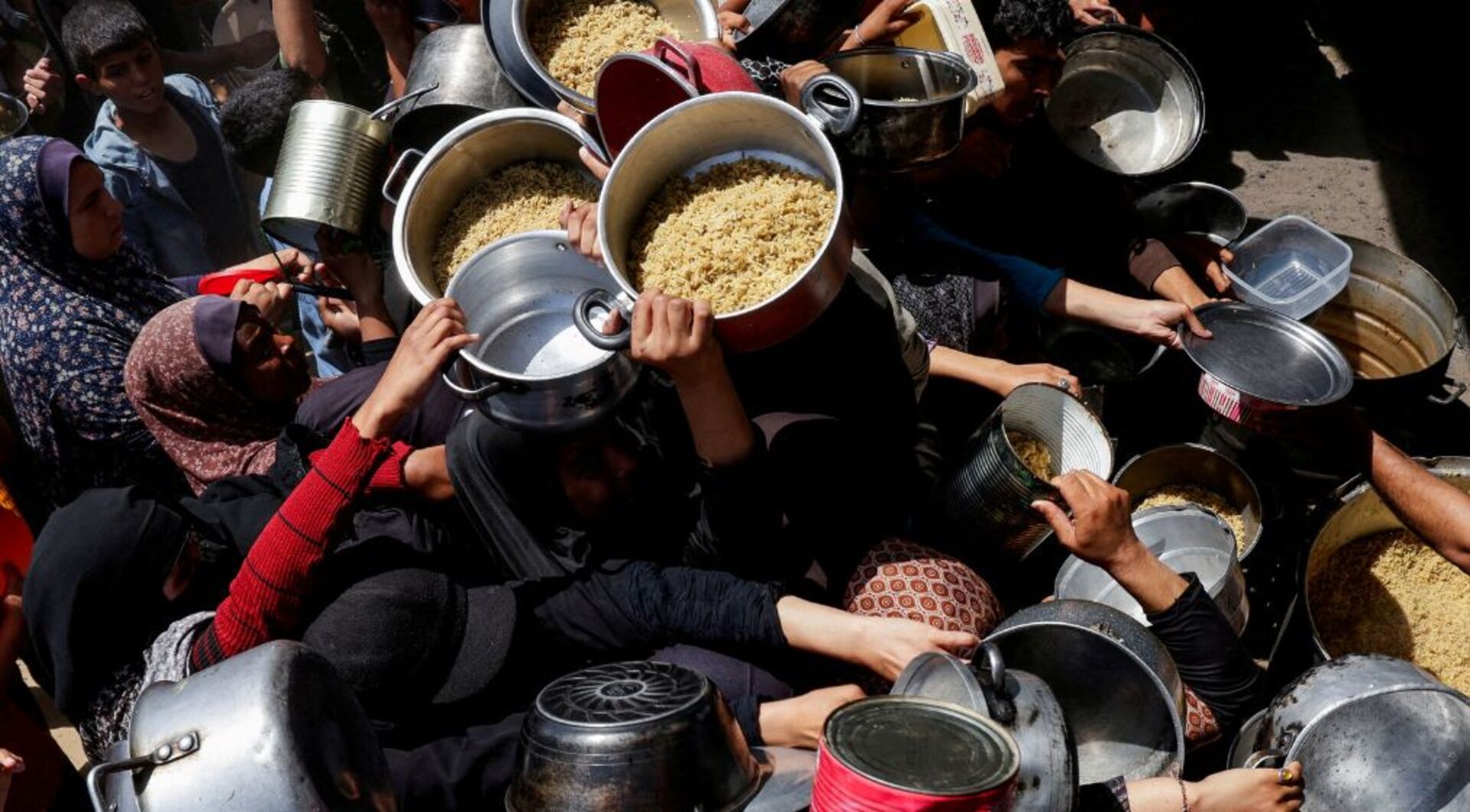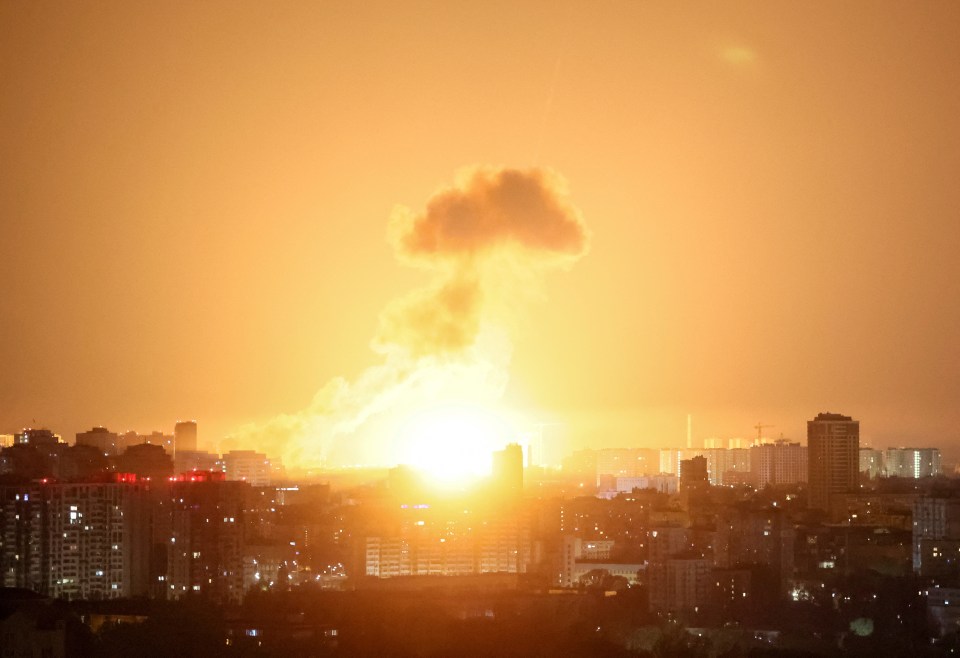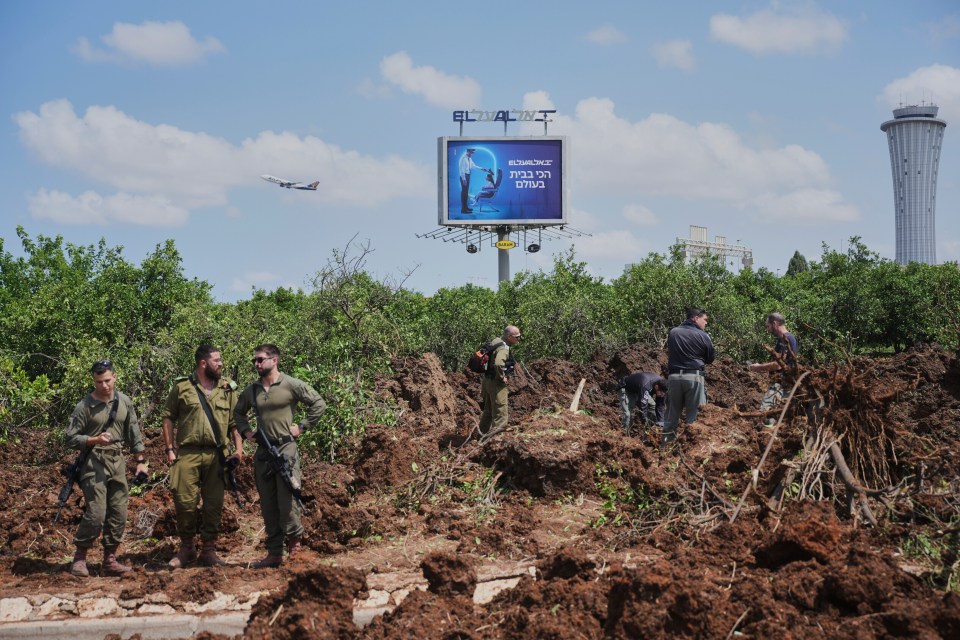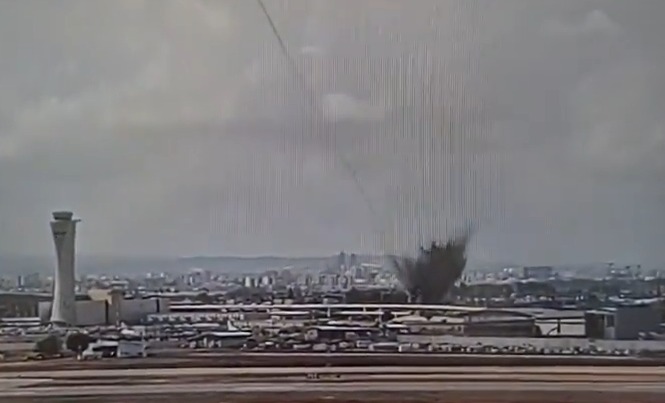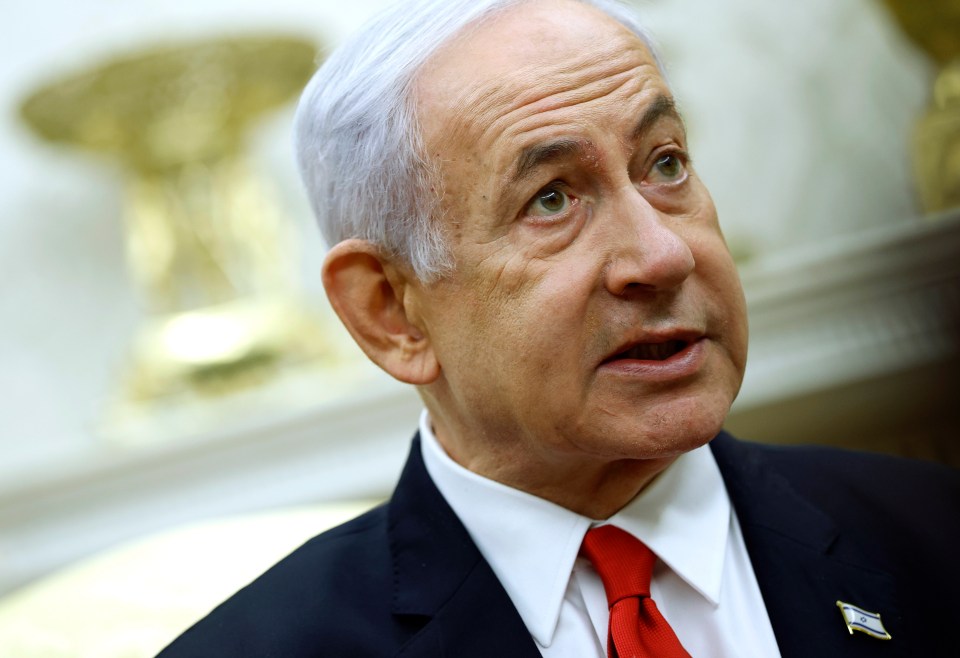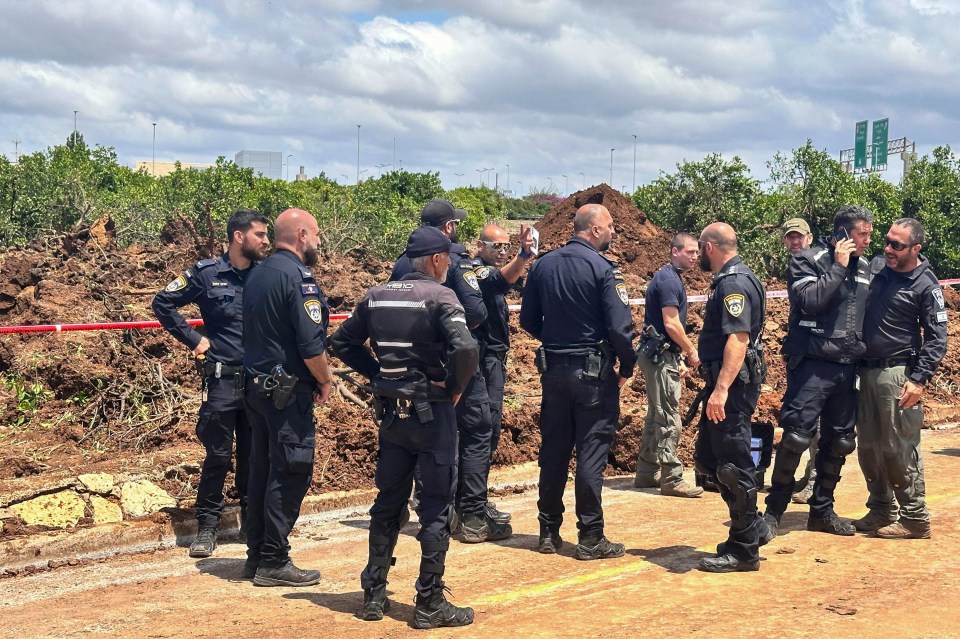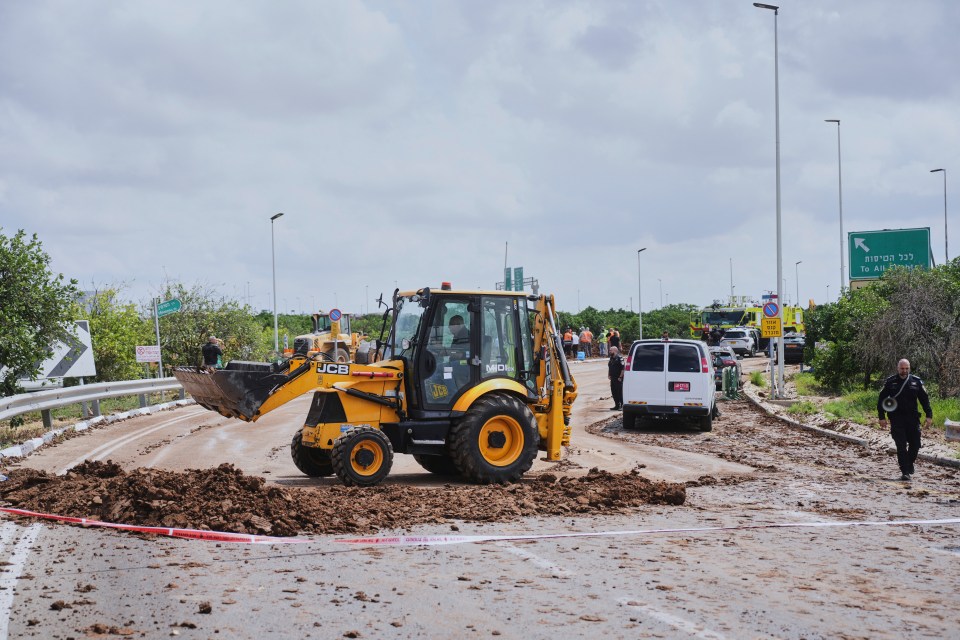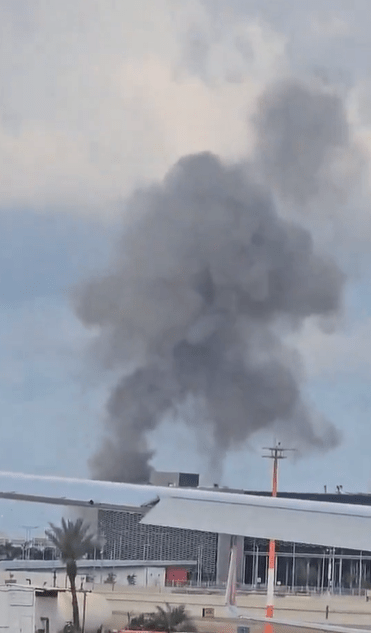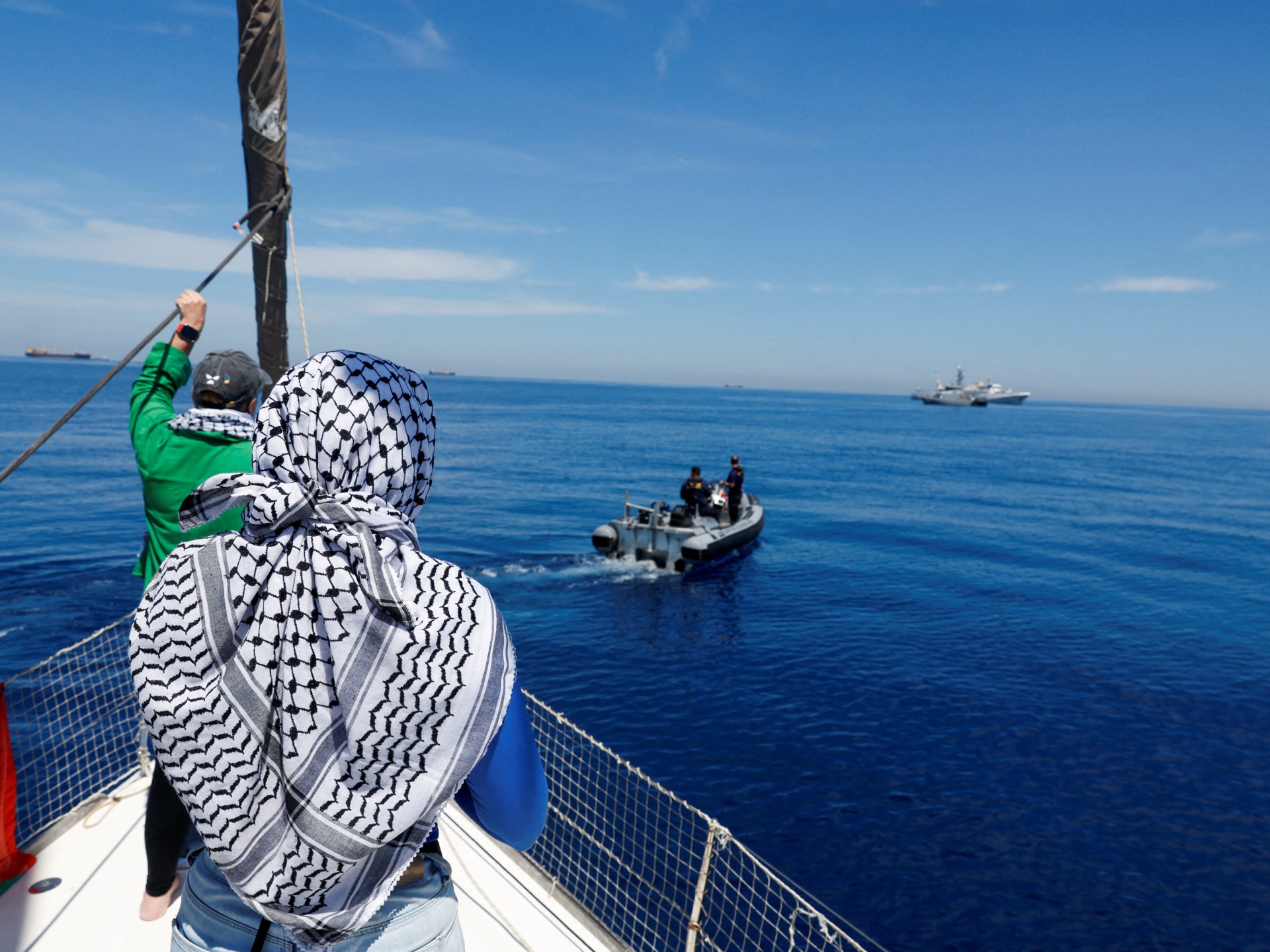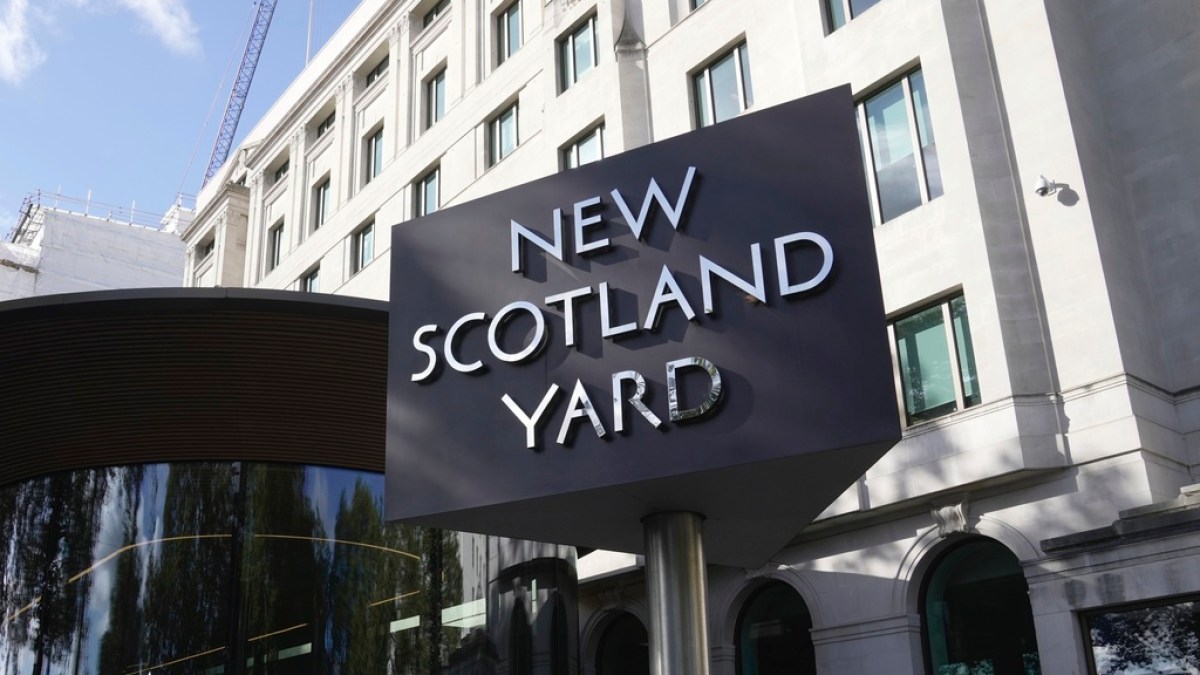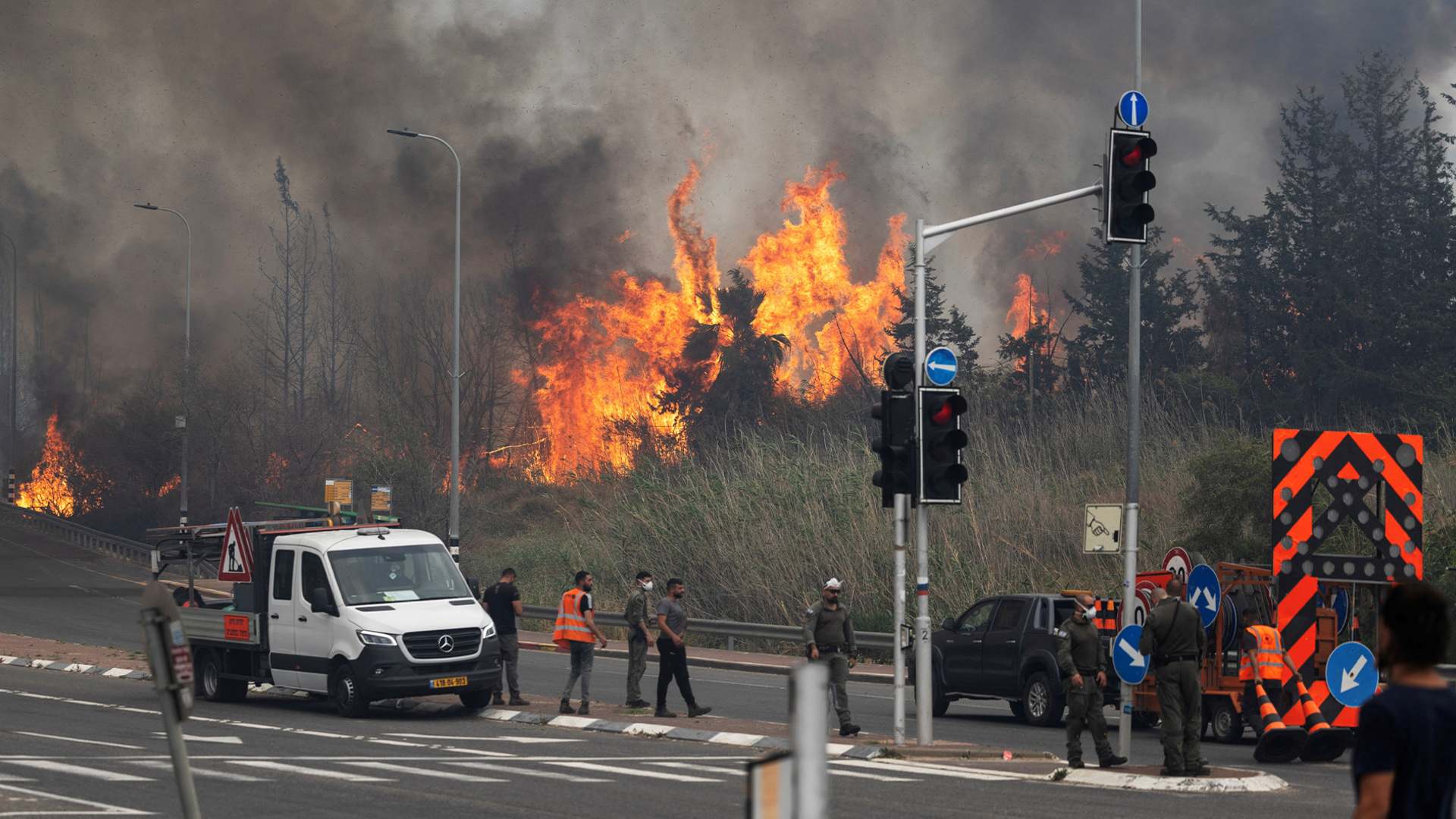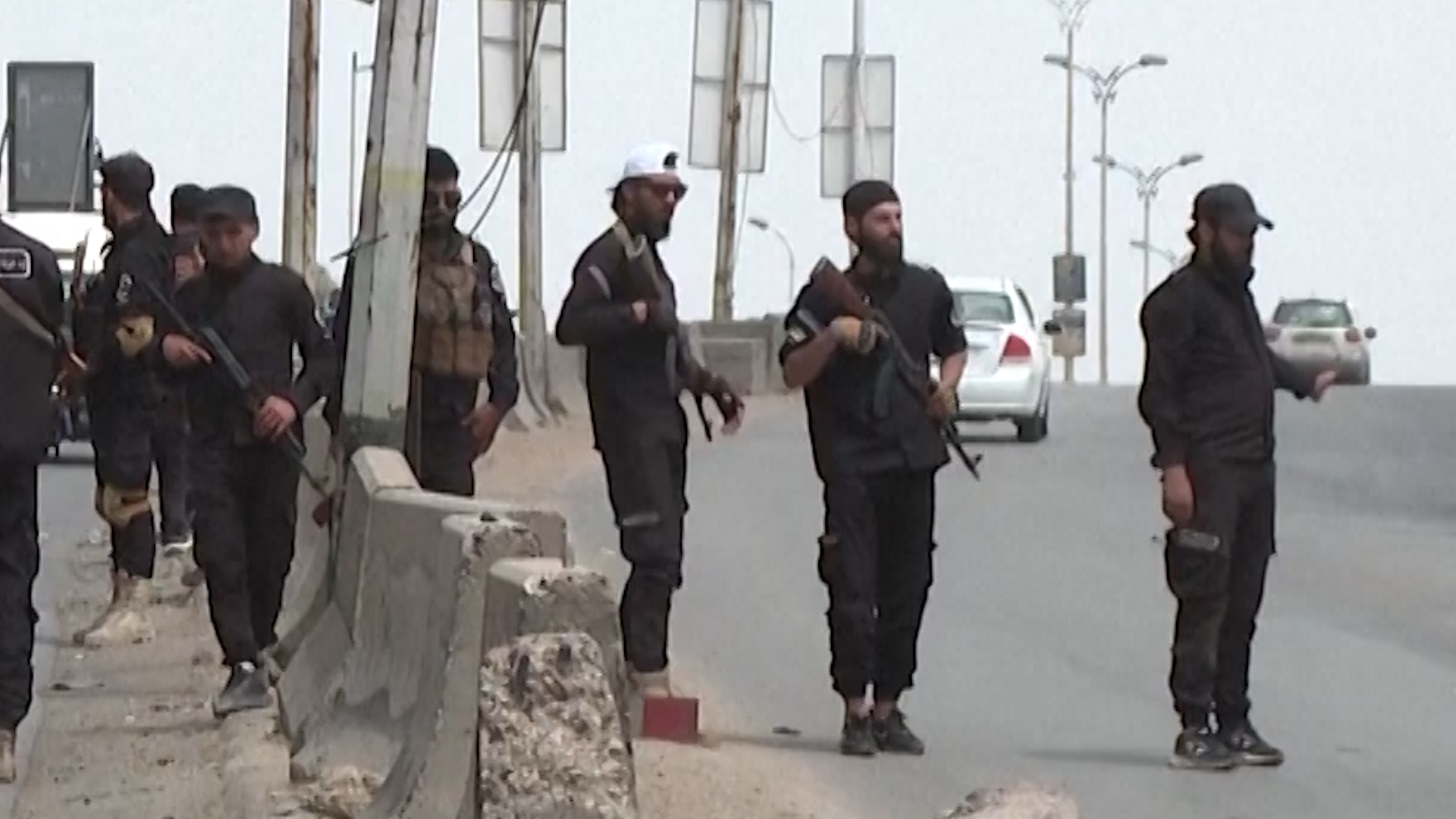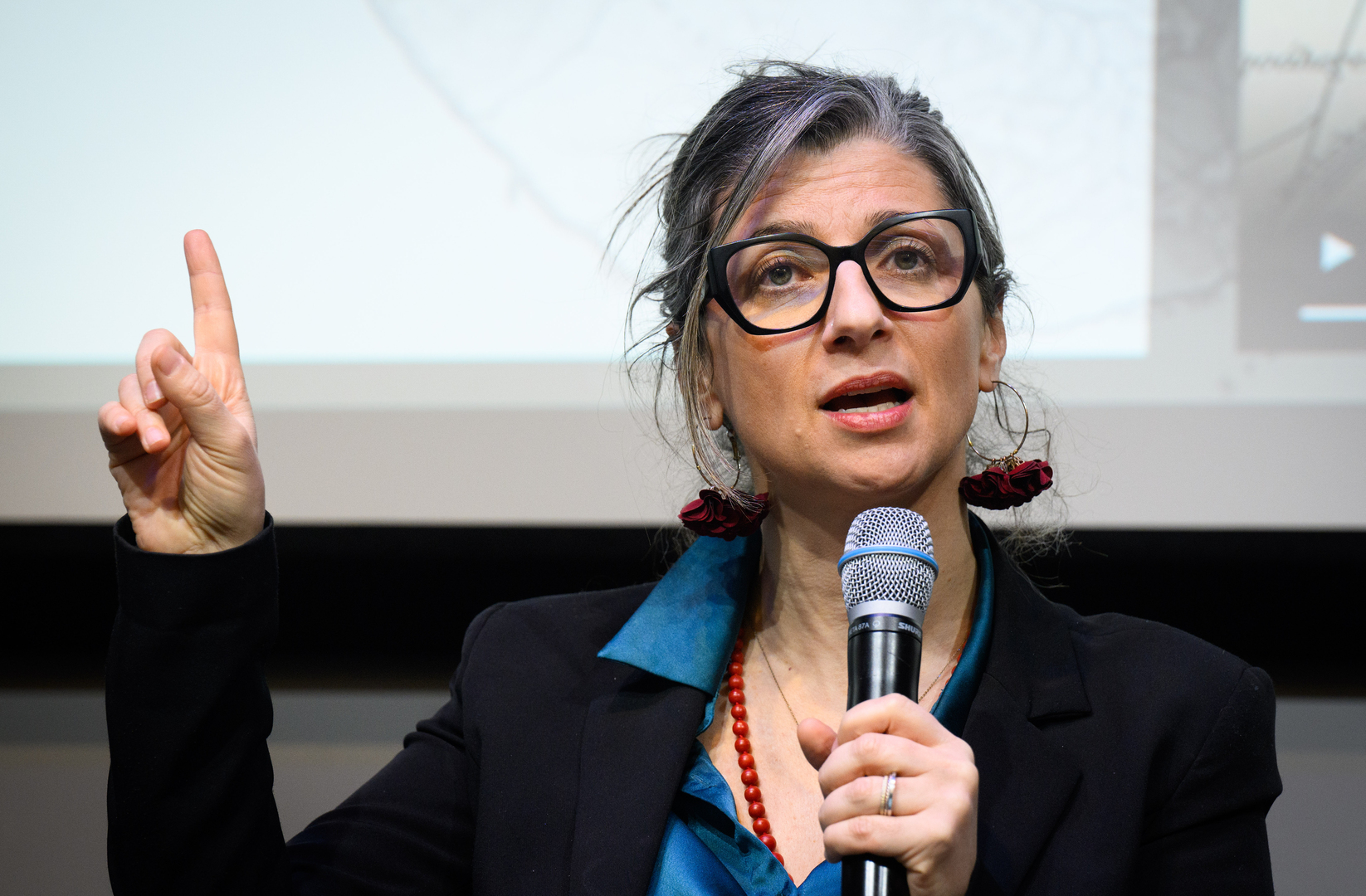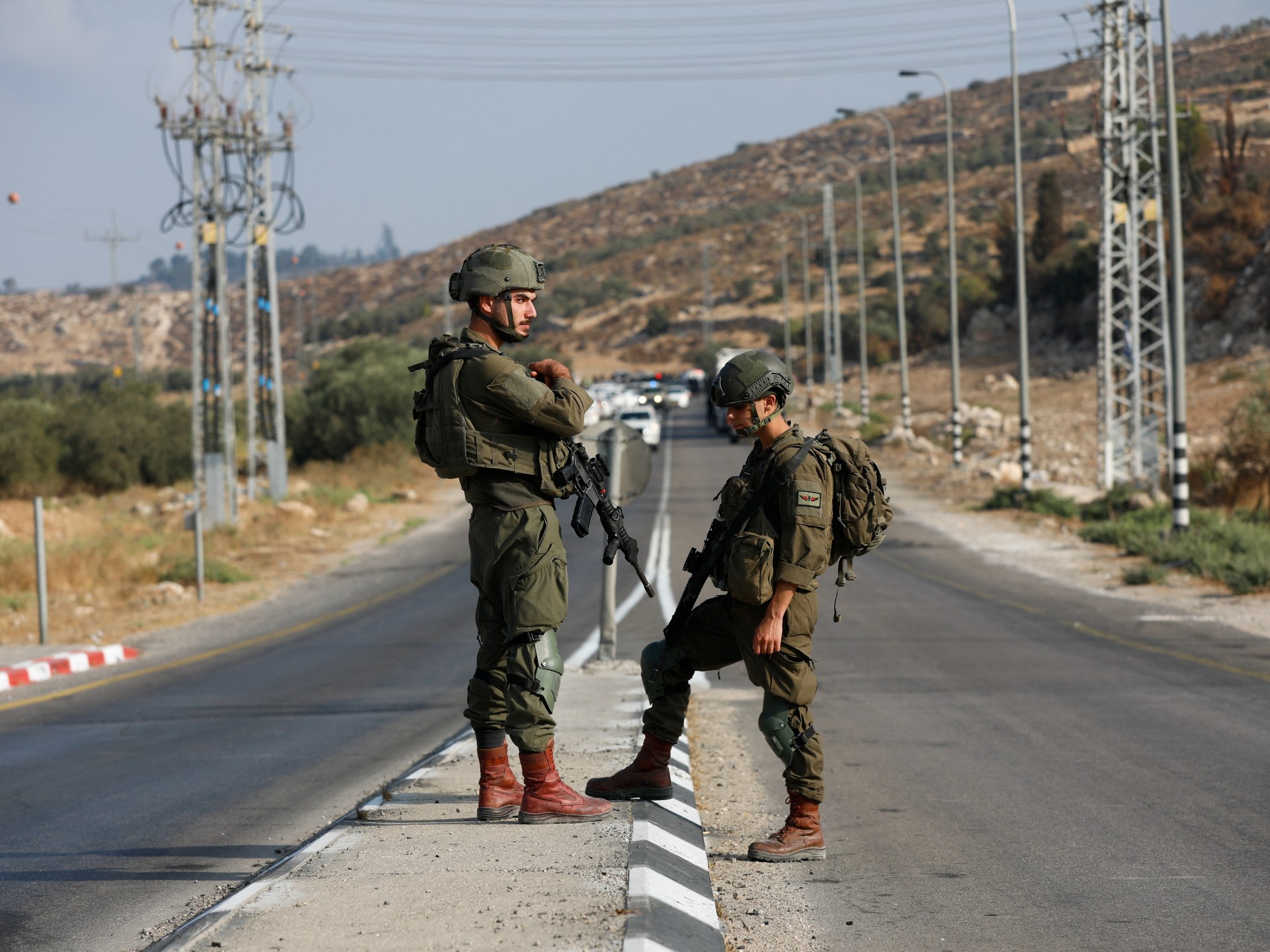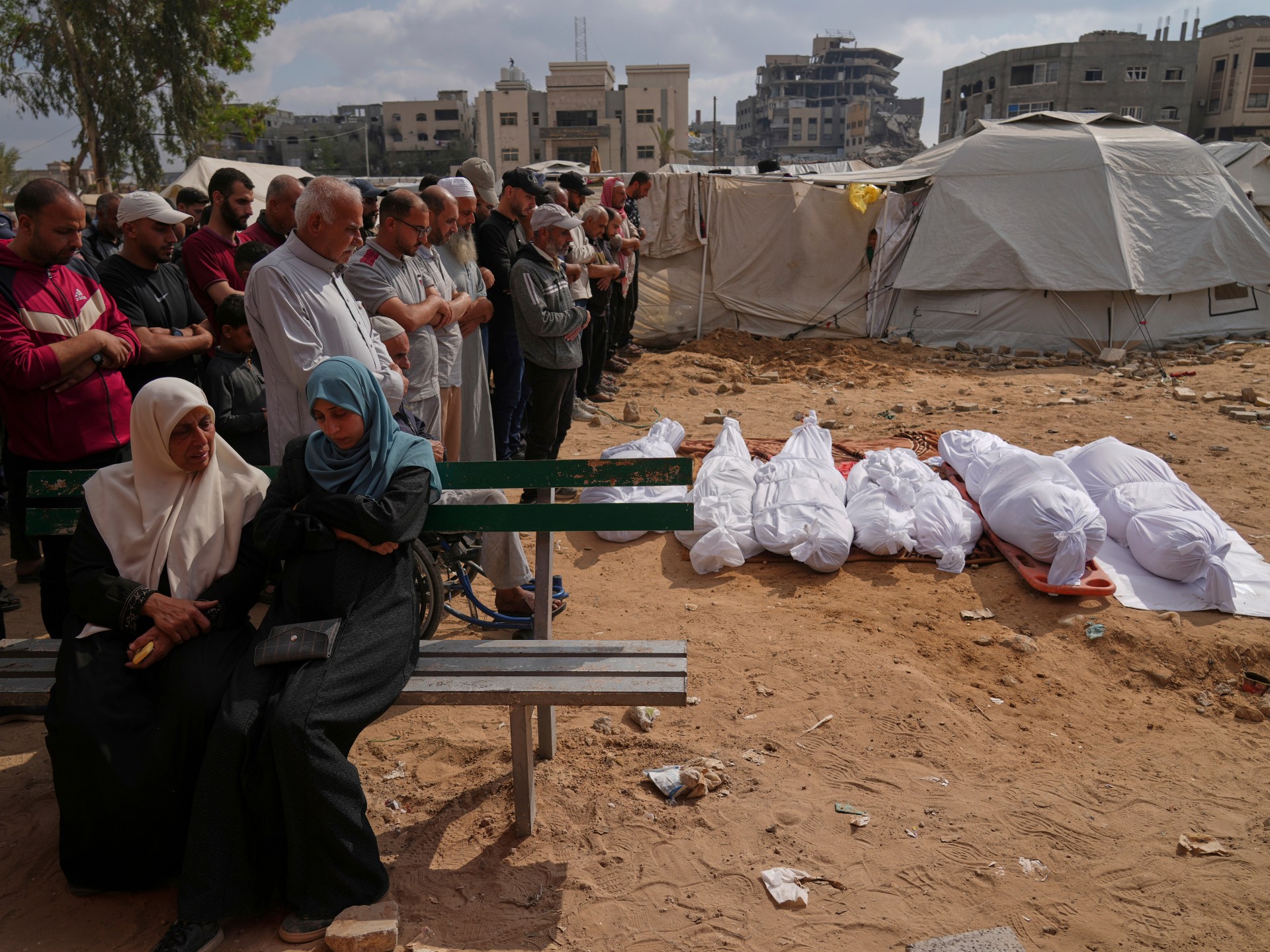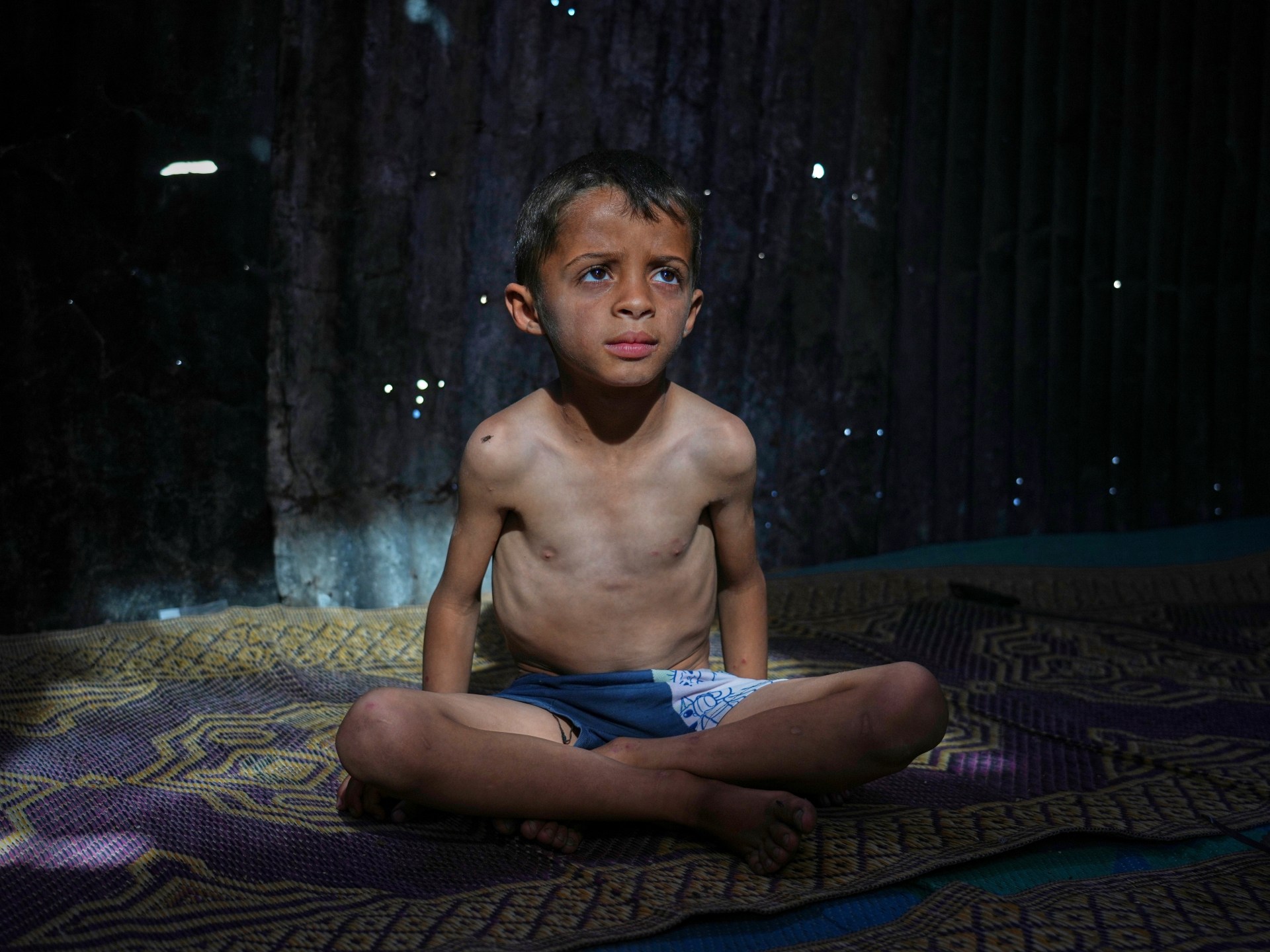Before the war, my life was simple. Like many young women in Gaza, I carried within me a mixture of ambition and anxiety. My dream was to graduate from the Islamic University with honours and become a writer. My fear was that the constant attacks and instability in Gaza would somehow impede my pursuit of education and a writing career.
However, I never imagined that everything I knew – my home, my university, my friends, my daily routine and my health – could vanish, leaving me struggling to keep going.
When the war began, we thought it was just another short round of fighting – one of the many escalations we had grown used to in Gaza. But something about this time felt different. The explosions were closer, louder, and lasting longer. We soon realised that this nightmare was not going to end; it was only going to get worse.
On December 27, 2023, we received our first “evacuation order”. There was no time to think. We had just begun gathering a few belongings when the sound of bombing grew louder. The upper floors of the building we lived in were being targeted.
We fled the building in a hurry, carrying only a small bag. My father was pushing my grandmother in her wheelchair, while I held my younger brother’s hand and ran into the street, not knowing where we were going.
The neighbourhood looked like a scene from the horrors of the Day of Judgement: people were running, screaming, crying, and carrying what remained of their lives.
Night fell, and we found temporary shelter at a relative’s house. Sixteen of us slept in one room, without privacy or comfort.
In the morning, we made the difficult decision to take refuge in one of the displacement camps declared a “humanitarian zone”. We owned almost nothing. The weather was bitterly cold, water was scarce, and we had only a few blankets. We washed, cleaned, and cooked using primitive methods. We lit fires and prepared food as if we had gone back to the Stone Age.
Amid all of this, we received the news: our home had been bombed.
I refused to believe what I had heard. I sat and cried, unable to comprehend the tragedy. My father’s goldsmith workshop was on the ground floor of the building, so when it was destroyed, we did not just lose walls and a roof – we lost everything.
The days passed slowly and heavily, wrapped in longing and misery. I lost contact with most of my friends, and I no longer heard the voices that used to fill my days with warmth. I would check in on my closest friend, Rama, whenever I had a brief chance to connect to the internet. She lived in northern Gaza.
On January 15, 2024, my friend Rawan sent me a message. It did not reach me immediately. It took days because of the communications blackout.
The words were simple, they shattered me from the inside: “Rama was martyred.”
Rama Waleed Sham’ah, my closest friend at university. I could not believe it. I read the message over and over again, searching for a different ending, a denial. But the truth was silent, harsh, and merciless.
I didn’t get to say goodbye. I didn’t hear her last words, I didn’t hold her hand, or tell her “I love you” one last time. I felt as though I was breathing without a soul.
While I was still processing that grief, I received even more devastating news: on February 16, 2024, my father’s entire extended family – all his cousins, their wives, and their children – were killed. I saw my father break in a way I had never seen before. His grief was so deep that words could not describe it.
Then, death knocked on our door.
On June 8, 2024, we had just moved from our tent to a rented apartment, trying to start our lives over, when the Israeli army surrounded the area. I was the first to see the tank slowly moving up the street. I panicked and ran towards my father, shouting. But I didn’t reach him. In that moment, a missile struck the building we were in. All I saw was thick smoke and dust filling the air.
I didn’t know if I was alive or not. I tried to say the shahada, and by the grace of God, I managed to do so. Then I started screaming, calling for my father. I heard his voice faintly from a distance, telling me not to go out because the drone was still bombing.
I took a few steps, then lost consciousness. All I remember is that they carried me down the building and covered me with a blanket. I was bleeding. I would regain consciousness for a few seconds, then lose it again.
The ambulance could not reach our street because the tank was at the entrance. My mother, my sister, and I bled for two hours until some young men from the area managed to find a way to get us out. They carried me in a blanket to the ambulance. The paramedics started bandaging my wounds right there in the middle of the street, in front of everyone.
All the way, I heard their whispers, saying that I was between life and death. I heard them, but I could not speak.
When I reached the hospital, they told me that I had sustained injuries to my head, hands, legs, and back. The pain was unbearable, and my mother’s absence added to my fear. I was rushed in for an emergency surgery.
I survived.
After leaving the hospital, I had to go back for dressing changes. Each visit was a painful experience. I would choke every time I saw the blood. My father, who accompanied me every time, would try to ease these visits, telling me, “You will be rewarded, my dear, and we will get through all of this.”
I fell into a deep depression, suffering from both physical and emotional pain. I felt as though I was drowning in an endless spiral of sorrow, fear, and exhaustion. I no longer knew how to breathe, how to continue, or even why.
We had no roof to shelter under. Finding food was a struggle. The painful memories of loved ones who had passed haunted me. The fear that my family and I could lose our lives at any moment made me feel utterly helpless. I felt everything was screaming that I could not go on.
Yet, in the darkness of despair, I continued to live, day after day. I was in pain, but I lived.
I went back to reading – whatever books I could find. Then, when my university announced it would resume lectures online, I signed up.
My hand was still broken, wrapped in a cast, and I could barely use it. My mother helped me, holding the pen at times and writing down what I dictated. My professors understood my situation and supported me as much as they could, but the challenges were many. I struggled to access electricity and the internet to charge my phone and download lectures. Sometimes, I would lose exams due to power outages or poor network, and I would have to postpone them.
Still, I kept going. My physical condition gradually started to improve.
Today, we are still living in a tent. We struggle to secure the most basic needs, such as clean water and food. We are experiencing famine, just like everyone else in Gaza.
When I look at the scars of war etched into my body and memory, I realise that I am no longer the same person. I have found within myself a strength I never knew existed.
I have found a path through the rubble, meaning in the pain, and a reason to write, to witness, and to resist despite the loss. I have made the decision to stay alive, to love, to dream, to speak.
Because, quite simply, I deserve to live, just like every human being on earth.
The views expressed in this article are the author’s own and do not necessarily reflect Al Jazeera’s editorial stance.
